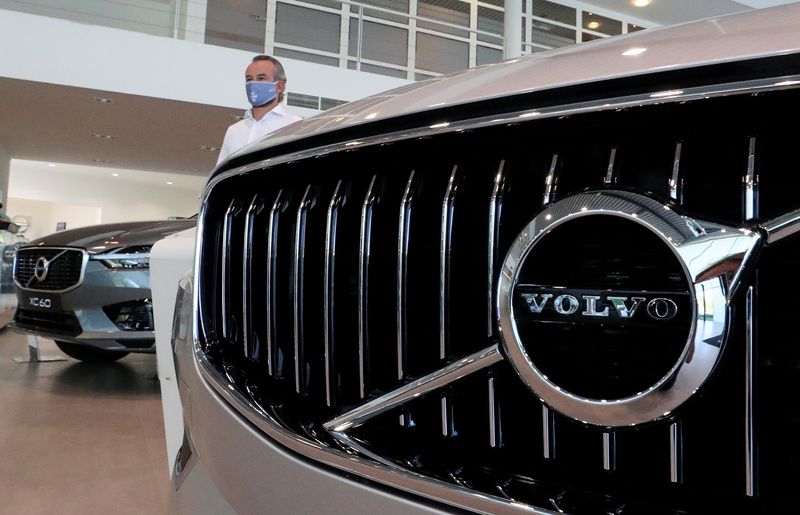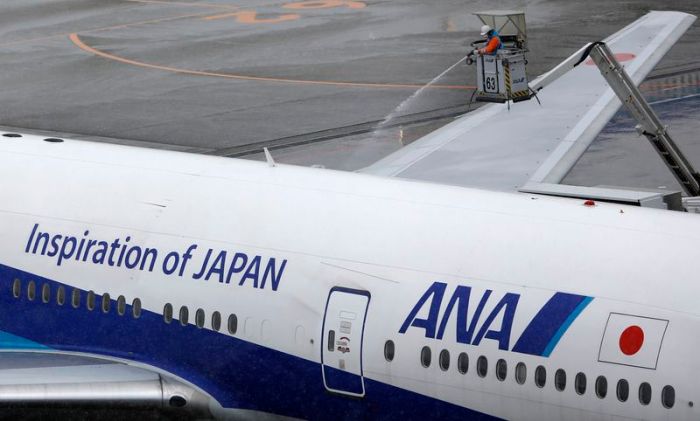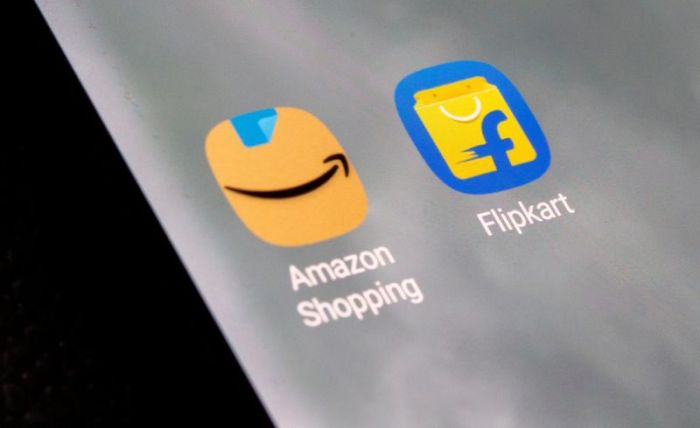By Helena Soderpalm
STOCKHOLM (Reuters) -Automaker Volvo Cars said on Thursday that demand for its products remained strong while chip constraints were gradually improving, after posting profits above forecasts.
A global shortage of semiconductors has forced the Gothenburg-based carmaker and global peers to cut vehicle output despite robust demand.
As for many companies, the war in Ukraine has resulted in higher costs for raw materials, energy and freight for Volvo, which is seeking to mitigate the effects by adjusting prices.
“So far those price increases have come through and it hasn’t dampened demand at all,” Chief Financial Officer Bjorn Annwall told Reuters.
Volvo shares, down by 16% this year through Wednesday but up 22% from their IPO price, rose 3.9% in early trade.
Investment bank JPMorgan said in a note that Volvo had reported a healthy performance, adding supply chain concerns and raw material cost management would be key in the second and third quarters.
Volvo said the higher costs had a limited impact in the first quarter, would partially impact the second quarter, and would fully impact the second half of the year.
The company in February suspended all sales, service and production in Russia, which last year accounted for about 3% of its net group sales.
“Clearly, we don’t foresee any business in Russia for the foreseeable future,” Annwall said.
Volvo said production was down at the end of the first quarter due to a temporary shortage of a specific semiconductor and warned that the supply problem was expected to persist in the second quarter.
Its first-quarter operating profit fell to 6.0 billion Swedish crowns ($607.4 million) from 8.4 billion a year earlier but beat the 4.13 billion expected by four analysts polled by Refinitiv.
Revenue rose 8% to 74.3 billion crowns, topping the 71.15 billion expected by analysts.
Volvo, majority owned by China’s Geely Holding, maintained its 2022 forecast for marginal year-on-year growth in deliveries.
Its car sales fell 20% in the first quarter to 148,295 cars, it reported this month.
($1 = 9.8776 Swedish crowns)
(Reporting by Helena Soderpalm; editing by Niklas Pollard, Robert Birsel)

























